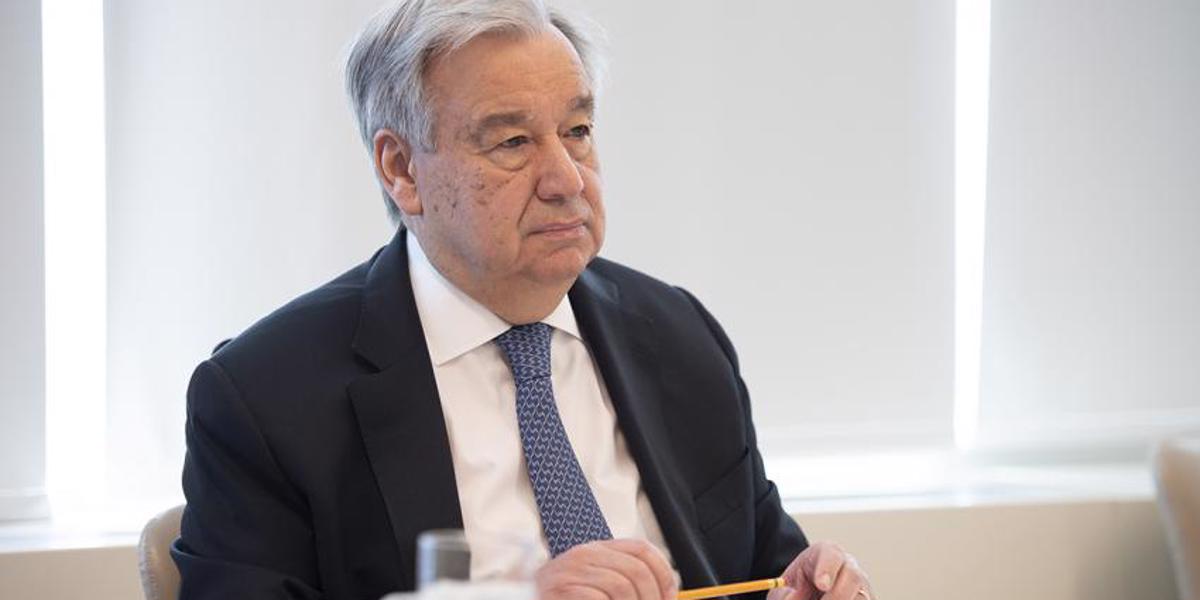
Global boiling
A call to action from António Guterres
Last week, António Guterres, the Secretary-General of the United Nations, declared that the era of global warming has concluded and given way to an era of "global boiling."
His aim, we can assume, was to highlight that the planet's situation has escalated beyond the concept of mere "global warming" and has reached a critical point where the impacts of climate change are becoming more extreme, disruptive, and potentially catastrophic.
July marked the hottest month ever recorded worldwide. The northern hemisphere has been engulfed by scorching temperatures and raging wildfires. Devastating marine heatwaves are wreaking havoc on the world's third-largest coral reef near Florida. Antarctic sea ice is not forming as usual. The list of climate catastrophes goes on.
The term "global boiling" is intentionally provocative, capturing the idea that the earth's systems are heating up to a degree that is no longer within the normal range. This choice of words is meant to stimulate a sense of urgency and mobilise governments, organisations, and individuals to take more substantial and transformative actions to address the climate crisis.
"Global warming" no longer adequately encapsulates the situation. A number of climate scientists advocate for the term "global heating" as a more fitting descriptor, but "global boiling" elevates the sense of urgency even more.
As language teachers we are well aware of the impact that a well-chosen metaphor can have. But we are also aware that actions speak louder than words. So whatever phrase we use to describe the current situation, it is undeniably very serious, and the global language teaching industry needs to do its best to help avert the worst outcomes of all this heating by taking real environmental action.
Green Standard Schools is here to help.






















